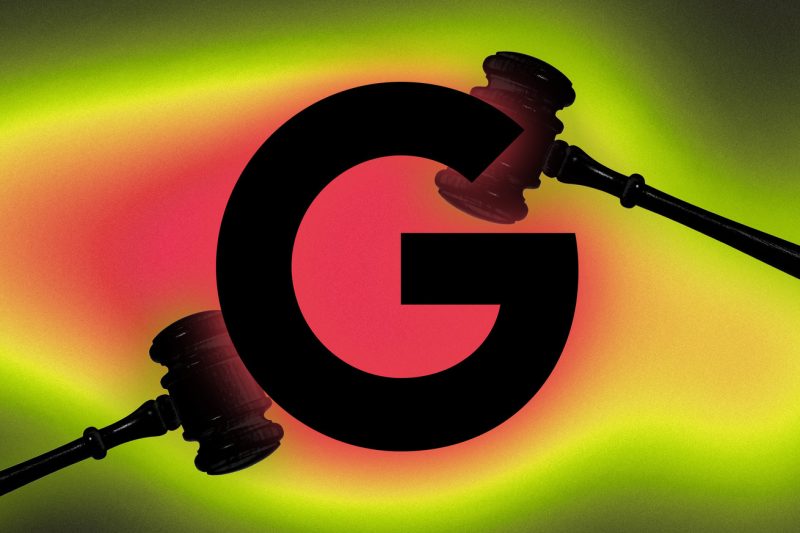
Legal Battle: Google Under Fire for Chrome’s Data Collection in Class Action Lawsuit
In a recent development, tech giant Google has been embroiled in a class-action lawsuit concerning its popular web browser, Chrome, and its alleged data collection practices. The lawsuit, filed in the U.S. District Court for the Northern District of California, accuses Google of unlawfully collecting data from users of Chrome without their consent.
The crux of the lawsuit revolves around Google’s alleged use of certain tools within Chrome to track and collect users’ browsing history and other sensitive information without their explicit consent. This alleged data collection, the plaintiffs argue, violates both federal and state privacy laws, including the Wiretap Act and California’s Invasion of Privacy Act.
One of the key issues at the heart of the lawsuit is Google’s purported use of Sync, a feature within Chrome that allows users to synchronize their browsing history, bookmarks, and other data across multiple devices. The plaintiffs claim that Google failed to adequately disclose the data collection practices associated with Sync and did not obtain users’ informed consent before collecting and storing their sensitive information.
Moreover, the lawsuit alleges that even when users attempt to disable the Sync feature, Google continues to collect and store their data without their knowledge or consent. This practice, the plaintiffs argue, not only violates users’ privacy rights but also puts their personal information at risk of potential misuse or unauthorized access.
Google, for its part, has denied any wrongdoing and has vowed to vigorously defend itself against the allegations in court. The tech giant has maintained that its data collection practices are transparent and in compliance with all applicable laws and regulations. Google argues that users have full control over their data within Chrome and can choose to enable or disable features like Sync at any time.
The outcome of this class-action lawsuit against Google could have significant implications for the tech industry as a whole, particularly in the realm of data privacy and user consent. In an age where digital privacy concerns are at the forefront of public discourse, tech companies like Google are facing increasing scrutiny over their data collection practices and how they handle users’ personal information.
As the legal battle between the plaintiffs and Google unfolds in court, the ultimate decision will likely set a precedent for how tech companies collect and use data from their users in the future. The case highlights the ongoing tension between consumers’ right to privacy and companies’ need for data to drive their businesses, underscoring the importance of clear communication and informed consent in the digital age.
